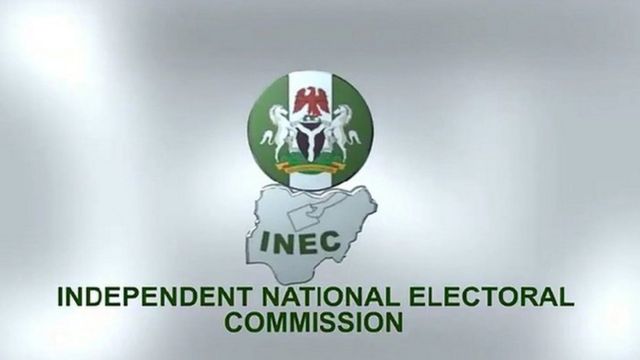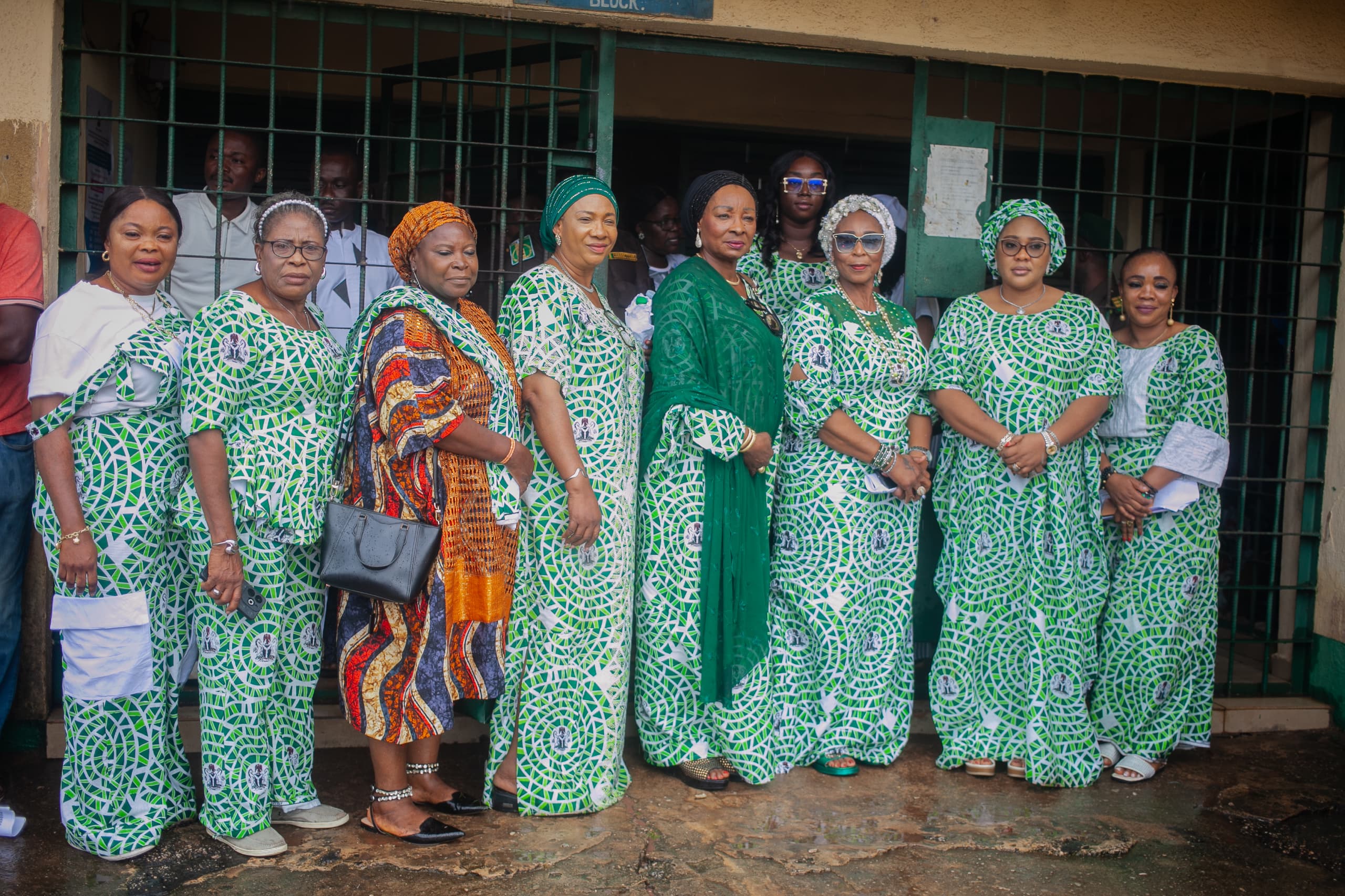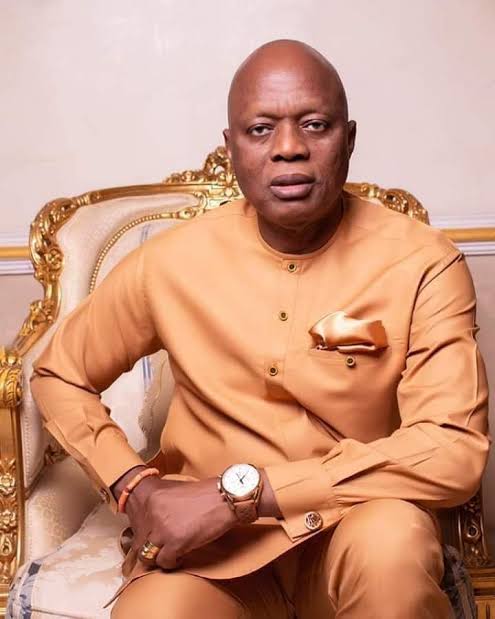By Augustine Eigbe, Ph.D
The Independent National Electoral Commission (INEC) is the mainstay of Nigeria’s electoral democracy, entrusted with regulating and conducting free, fair, and credible elections.
However, recent controversies and allegations of bias raise questions about whether the commission is a bastion of democracy or an impediment to its consolidation in Nigeria.
With the country’s democracy still evolving, the integrity of INEC remains central. Nevertheless, its performance in contemporary elections indicates systemic weaknesses that demands pressing electoral reforms.
The failure of the Bimodal Voter Accreditation System (BVAS) in the recently concluded 2025 by-elections in some states across the country has once again raised questions about the commission’s preparedness, credibility, and even its independence.
Since the 2015 general elections, which saw Nigeria’s first peaceful transfer of power from an incumbent to an opposition candidate, INEC’s credibility has faced increasing scrutiny.
While the 2015 polls were largely applauded, allegations of logistical setbacks, voter suppression, and result manipulation in some states tainted its reputation.
The 2019 elections saw a sharper decline in public confidence due to widespread violence, vote-buying, and the commission’s controversial suspension and reinstatement of the electoral timetable.
The European Union Election Observation Mission (EU-EOM) and domestic observers reported critical flaws, including operational setbacks, opaque result collation, and political meddling in the process.
The 2023 general elections, arguably the most contentious in Nigeria’s modern history, further exposed INEC’s institutional vulnerabilities. Despite the introduction of the Bimodal Voter Accreditation System (BVAS) and the promise of real-time electronic transmission of results via the INEC Results Viewing Portal (IReV), the commission failed to meet expectations.
There were delays in uploading presidential election results due to technical glitches, discrepancies in vote tallies, and widespread reports of voter intimidation and this fueled allegations of electoral fraud. The opposition parties and civil society organisations condemned the process, with some labeling it a “grave setback” for Nigerian democracy.
Moreover, the 2024 off cycle elections revealed the commission’s systemic inefficiencies, including technical failures, logistical setbacks and accusations of bias, which further damaged public trust in its credibility.
The recurring challenges plaguing the commission, which stem from both institutional deficiencies and operational inefficiencies, diminish public trust. Therefore, to achieve Nigeria’s democratic aspirations, urgent and sweeping electoral reforms must be implemented to restore public confidence.
The supposed independence of the electoral body is frequently compromised by executive influence at all levels, particularly in the appointment of its top officials. Its leadership appointments must be depoliticised, with a transparent selection process involving civil society and the judiciary, rather than political allies or relatives of politically exposed figures.
The latest flag-off of the Independent National Electoral Commission’s (INEC) new multi-billion-naira headquarters in Abuja by the executive arm of government has intensified concerns about institutional independence and electoral integrity.
In recent months, politicians across party lines have engaged in premature campaigning through unofficial ‘consultation tours,’ public endorsements and conspicuous political billboards, violating Section 99 of the Electoral Act 2022, which bars such activities before INEC announces the 2027 election timetable.
Even with these flagrant violations the commission has failed to take any meaningful disciplinary action against the offending political parties and aspirants. The public perceives the electoral body as beholden to the ruling party, viewing it as little more than an appendage, a perception that gnaws at trust.
The commission’s failure to punish electoral offenders who engage in vote buying, violence and result falsification despite the provisions of the Electoral Act 2022 encourages impunity and unless decisive action is taken, such misconduct risks becoming normalised, further undermining electoral integrity.
In other words, it is essential that electoral offenders including politicians, officials of the electoral body, and security personnel who aid fraudulent electoral practices face swift prosecution to deter malpractice in future elections.
The increasing reliance on courts rather than the ballot box to determine electoral outcomes points to an underlying breakdown in INEC’s credibility. This pattern overburdens the judiciary with politically charged disputes, blurring the separation of powers. It embeds a culture where losing parties routinely reject results, further eroding democratic norms.
The commission’s sub-national offices need greater autonomy to conduct elections free from political interference, alongside legislative safeguards to shield them from executive and partisan influence.
It is important to strengthen election monitoring by domestic and international observers to enhance transparency, deter electoral fraud, and uphold democratic standards.
The role of the Independent National Electoral Commission in Nigeria’s democratic development can not be overemphasised. Nonetheless, its repeated failures and institutional weaknesses undermine its role as an unbiased electoral umpire, hindering the country’s democratic growth.
The country risks deeper democratic decay, where elections entrench elite dominance through systematic manipulation rather than reflect the will of the majority of the citizens. The commission must not be allowed to turn excuses into a norm as it has done in recent elections. Nigerians deserve elections that command the unswerving confidence of every citizen and the respect of the rest of the world.
The time for half measures is over. The electoral body must either reinvent itself ahead of the 2027 general elections and transform into a truly independent institution or it will be remembered as an impediment to Nigeria’s democratic progress.
Augustine Eigbe, Historian and Development Communication Expert.




